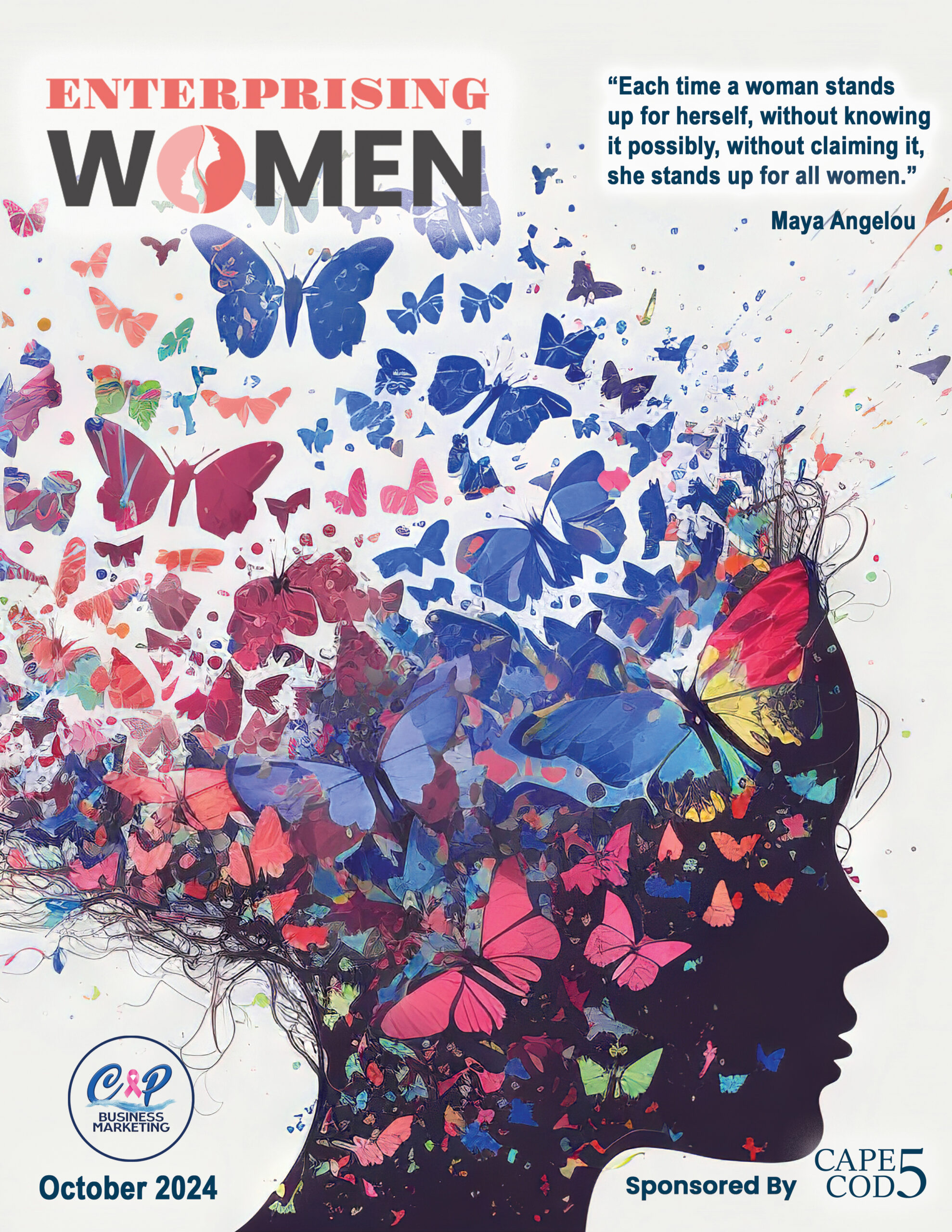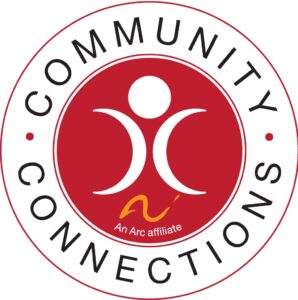By Naren Gupta, MD, PhD
While I was still a surgical resident, my father had several heart attacks. He had severe chest pain on the slightest exertion. I encouraged him to see renowned cardiac surgeons and cardiologists the world over, and they all told him that his condition was beyond repair. Many seemed more interested in signing him up for a research trial with an expensive new stent than treating him as a person.
Then he found a local family doctor dedicated to managing cardiovascular disease with medicine, exercise, diet, and healthy living patterns. She spent countless hours over several months adjusting his medication and coaching him through life changes. I’m happy to say that, 14 years later, at the age of 64 he is not only alive, but healthier than ever before.
That story of outstanding medical care, based on dedication, compassion, and my father’s commitment to improve his health, changed my outlook as a surgeon. I had become a surgeon because the help we provide works in an immediate and tangible, often “heroic” manner. After decades spent concentrating on developing technical skills, it was easy to be seduced by the persuasive power of what science could offer patients, rather than what the patients really wanted or needed.
The care that family doctor provided my father, combined with his proactive role to make change happen, became my new definition of true heroism in modern medicine.
If our goal is to really help our patients enjoy the best years of their lives, doctors have to work with patients to implement lifestyle changes that are much more holistic and far reaching than performing surgery alone. We can use the relationship of trust and mutual respect that we build with patients to promote meaningful improvement in their health and wellbeing. A close partnership between the patient, family doctor, and surgeon is critical to ensure that patients are well supported and educated as they make the changes in their lifestyle, diet, and medications that will promote lasting health and keep them out and about rather than waiting in clinics for their next appointment!
Stories of how well-known personalities like President Bill Clinton and Regis Philbin made the change necessary to survive serious cardiovascular disease help underline the fact that quitting tobacco, eating in moderation, and exercising several days a week can transform our lives for the better and make us feel and look younger than ever.
Philbin has also used his personal story of a near-death experience and celebrity status to educate America about the critical role that cholesterol-reducing medication has on heart and vascular health. Along with the American Academy of Family Physicians Foundation, he has created an excellent website − takecholesteroltoheart.com − that encourages us all to talk to our doctors about our cholesterol and the lifesaving steps we can take to lower it.
Now, more than ever, as technology pushes us into “e” everything, it’s important to realize that these remedies still work the best: talk to your doctor about how exercise, diet, medication, and, yes, occasionally even surgery can impact your quality of life. Together with your doctor, you are the hero modern medicine has been waiting for.
Dr. Naren Gupta brings a combination of cutting edge surgical expertise and empathetic, patient-centered service to Southeastern Vascular Surgery, where he joins Drs. Daniel Gorin and Paul Skudder in offering care for the entire breadth of vascular surgery problems. They can be reached at: http://southeasternvascular.com.
Heroes of Modern Medicine

Select to Read Similar Content: Health & Wealth Fall 2017
Trending Posts
Old Colony Elder Services Appoints New Nursing Services Manager
By CapePlymouthBusiness / October 9, 2024
Cape Wellness Collaborative to Host Masquerade Gala in October
By CapePlymouthBusiness / October 9, 2024
Old Colony Elder Services Named as a 2024 Best Place to Work
By CapePlymouthBusiness / September 29, 2024






















